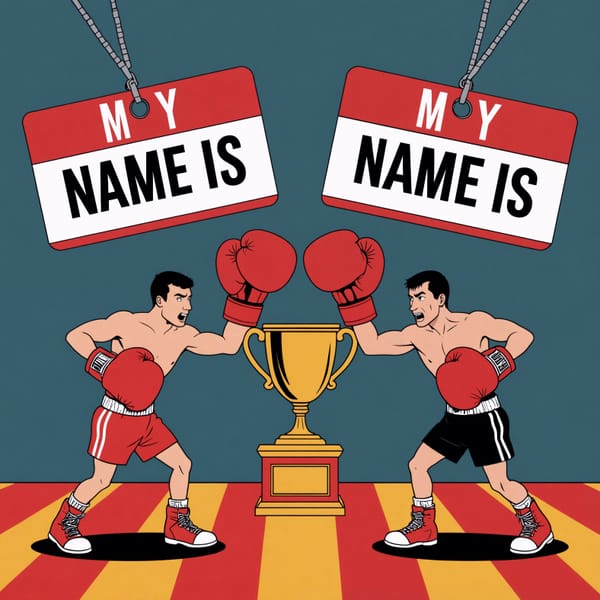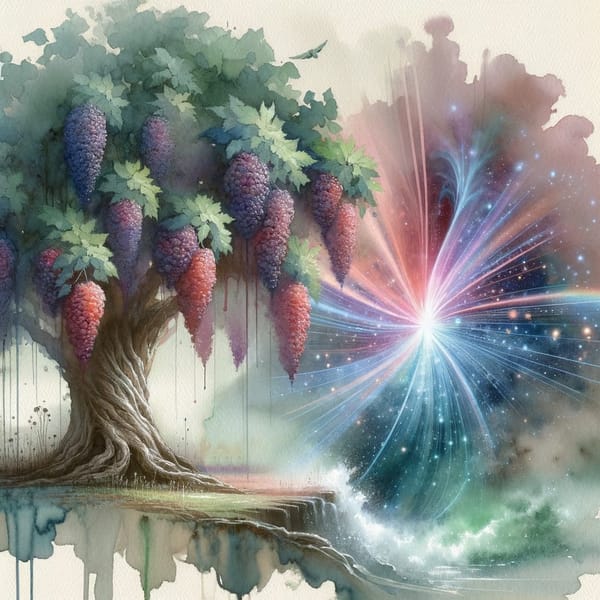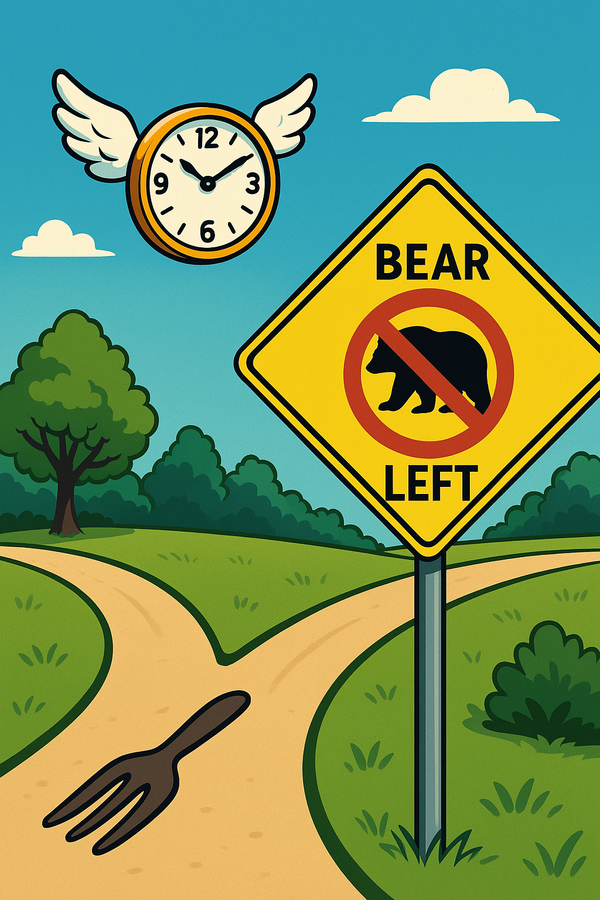Puzzling Personality

What is it like to be a Crossword puzzle? Behind the grid of any puzzle hides a persona that is as rich and varied as a novelist's character. While displaying the traits of its constructor, a crossword puzzle's personality also reflects its environment. It may smile playfully from People Magazine. You might catch it scoffing defiantly within the New York Times. Perhaps you'll encounter the inscrutable gaze of a cryptic crossword puzzle in a British newspaper. But only Games Magazines boasts the split personality of The World's Most Ornery Crosswords, which contain two sets of clues: very hard, and easy.
On the surface, you might think that every puzzle shows a personality that matches its difficulty level. I wouldn't argue with you, either. However, I think different puzzle types tend to share personality traits. Word Searches are calm. Cryptograms are frenetic. You get the idea. I would also suggest that each of us sees puzzles in different ways, depending on how we feel about them.
As a puzzle constructor, I like to think I can give each puzzle a distinct personality, something not typically found in puzzles that are entirely computer-generated. I can disrupt the calm demeanor of a Word Search by choosing a word list filled with uncommon terms. Cryptograms can become cozy by turning them into themed lists (some publications call these Crypto-lists or Crypto-quizzes.) Custom puzzles are the hardest to pigeon-hole. This is where themes and scene-setting come into play.
I look at my creations and try to view them from the perspective of a solver. Some puzzles, such as trivia and vocabulary puzzles, come off a bit aloof. Other puzzles are less stern, especially ones that incorporate puns and outrageous anagrams. In all cases, the themes emphasize these personalities.
For example, the vocabulary challenges have stark instructions and foreboding warnings:
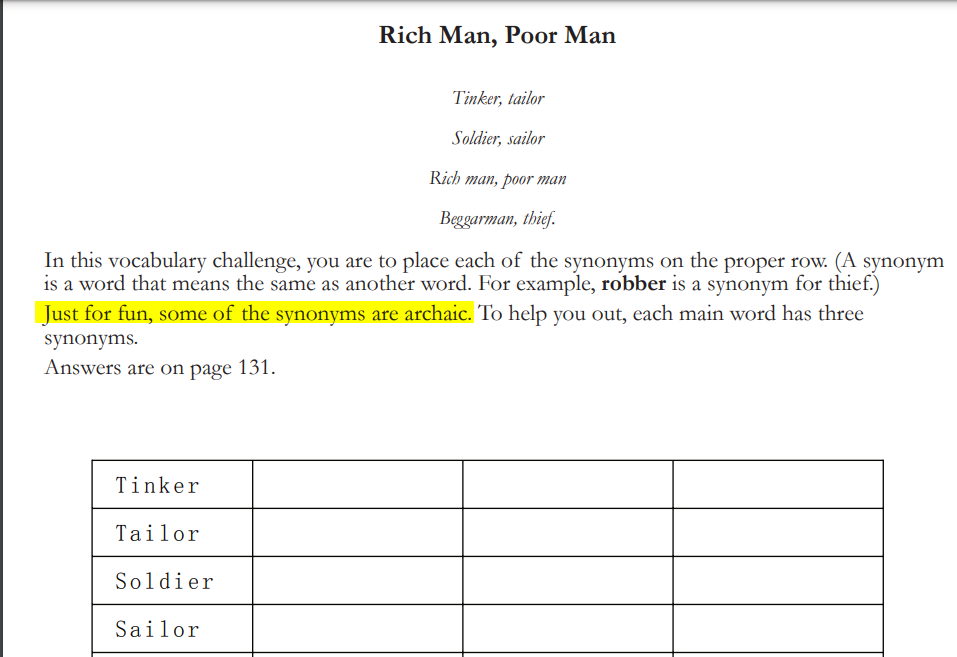
while the Scrambled Word puzzles are accompanied by cartoonish scenes:
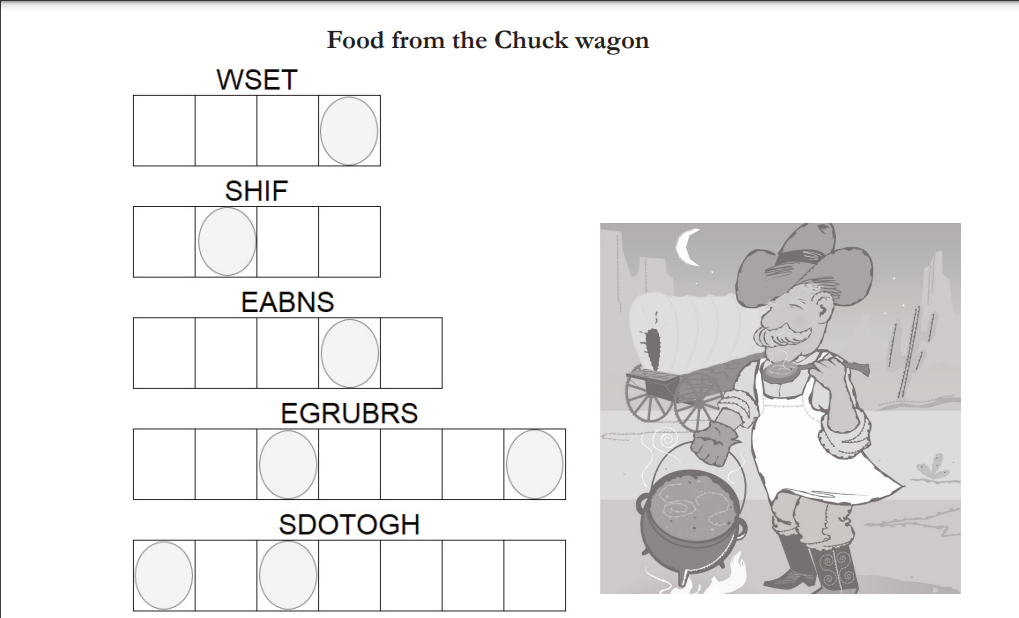
I think about these things, because I don't want to present a dry collection of puzzles. I'm hoping that, with each puzzle, the solver gets to experience a bit of what it feels like to be that puzzle.
The Apotheosis of Personality
Schadenfreude perfectly captures the sense that a challenging puzzle is mocking me. It doesn’t just sit there passively; it smirks, a trickster god scrawled in ink, delighting in every wrong answer I give. And yet, I keep coming back, because somewhere in the torment is a transformation. Each clue cracked feels like a little ascension, a minor miracle of pattern recognition. Some puzzles don’t just challenge. They initiate. Like a mythic trial, they demand ego, wit, and humility. Solving one can feel less like beating a game and more like earning a seat at the table.
Do you feel some kind of antipathy or affinity for any particular puzzles? I’d love to know. Leave a comment!
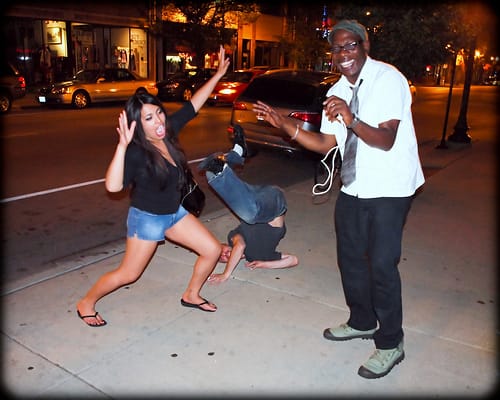
I'll leave you with this free, printable Word Search. See you next time!
Cheers,
Mitch

